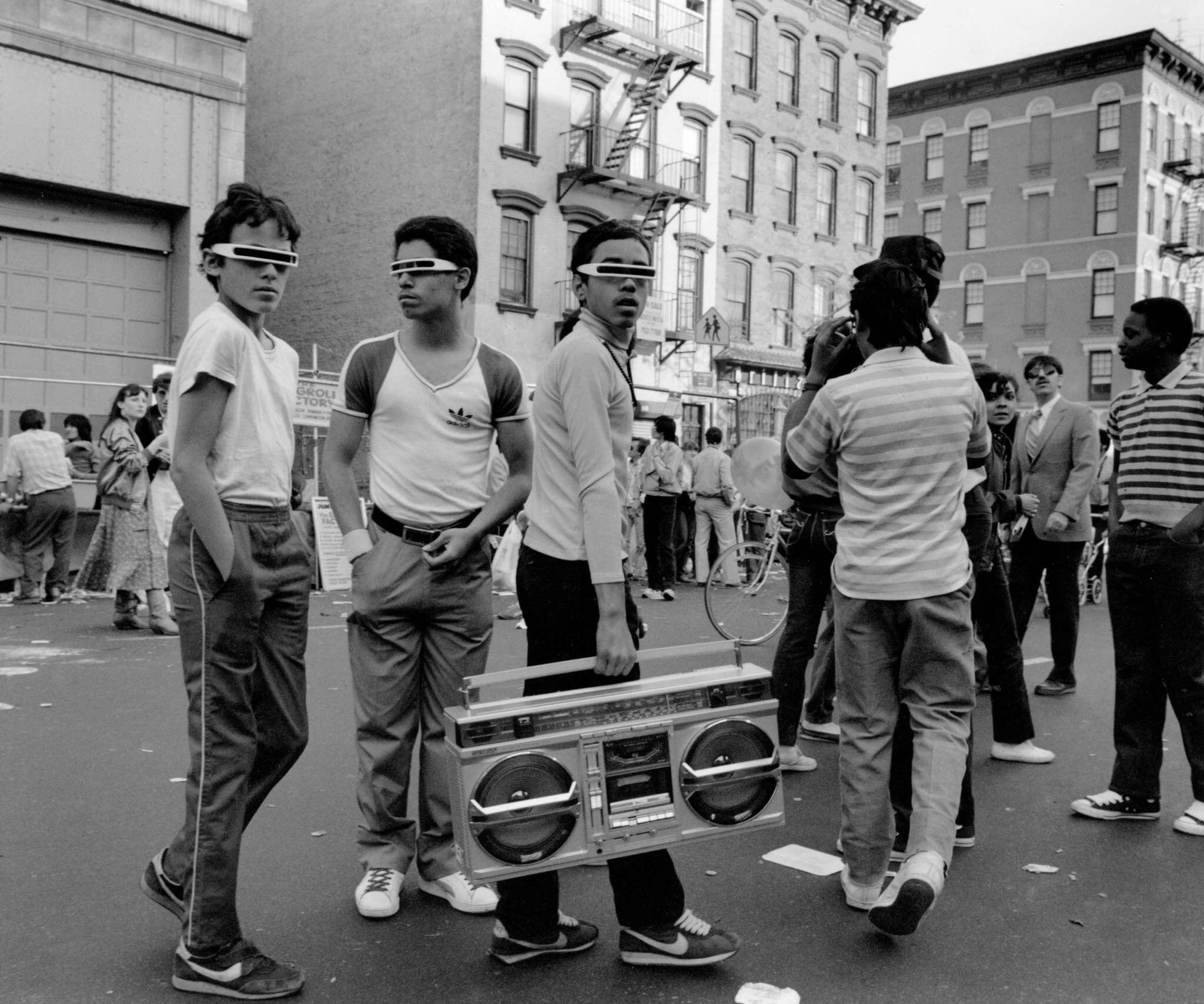My hair is falling out . . .
/I mentioned this to Paul Kindlon, as a warning, that you can think of Hekate as a fly by night publishing company located above a skid row bar/strip club. We have a fax machine that doesn’t work, a coffee maker that does and a ceiling fan that turns slowly. You can smell the street in the summer, through the open window, the garbage that hasn’t been collected. We’re borderline unprofessional. I’d like to keep it that way.
The founder, Rowan Leigh, likened wearing a tie to wearing a noose. I tend to agree although recently, am taking a job in a hospital environment again and had to ask somebody, “Do I wear a tie?” They didn’t know. So I bought one anyway, at Target, a bluish one and two shirts with collars. They only had XXL. I took one off the rack, held it up then put it back. Thought it might have been too big. Wasn’t sure how much it would shrink after washing, all that. Walked away with just the tie. Turned around half way down the aisle, came back and got both shirts.
Hekate is conversational.
Yesterday I was registering as a new employee, a city job mind you, in Brooklyn. So I was standing in line getting my info entered into a computer, in order to generate a card that I would, in turn, carry around and present when needed, but only under certain circumstances. A nervous Asian man was taking care of me, polite but nervous, innately nervous. His camera was broken, the one they take pictures with for the IDs, the one that sits on top of his computer. The hinge was cracked. He had to tilt it up and hold it while he took my picture. I took off my glasses for that and tried to smile but couldn’t.
All the while he was entering my data (taken from the form I had just filled out), his co- worker, this Russian lady sitting in the adjacent cubicle, was leaning over into his space, whispering. She was helping another Russian woman for whom, it seemed, she had taken a temporary dislike and was ignoring her. Instead, she whispered to the man taking care of me, reaching out and yanking his sleeve every few seconds while he squinted at his screen, trying to enter data.
“My hair is falling out,” she whispered. “It’s my fucking thyroid again.”
She spoke English well, even the curse words, but with a slight Russian accent. I watched him. He looked down at my hand written sheet then up at his screen and tapped on his keyboard, licking his lips. He wasn’t sweating but could have been. She yanked on his sleeve again and hissed, this time a little louder, “I am so fucking burned out. I’ve had it. I’m at the end. The end of the road.”
I had to laugh and said something like, “I know the feeling.”
With that, she withdrew to her cubicle, leaned back and looked at me, hand half covering her mouth and didn’t whisper but said out loud:
“Oh, I KNOW you do. I know you do. Welcome.”
She leaned back into her space and what followed was a long-what-I’d-call a chuckle. She chuckled, thereafter sweet as pie to the Russian woman she’d been ignoring, and gave that woman a room assignment straight away and began to hum a tune.
Needless to say, I felt right at home in that place, got my card and presented it to the next clerk at the following commitment, one floor up.
To be heard, to be spoken to, is important. We’re like Furbees. Life is that simple. We like to be acknowledged. For a few moments thereafter, we can remain stable within our precarious equilibrium. No different for writers. Hekate knows that, knows how it is, what it smells like wearing a mask all day and maintains a keen sense of irony. Nothing is all that serious.
The point is, no matter what I say, proofread your work as best you can, then gather it all together as best you can, and put it in order before sending it.
14th street, Nova Iorque, Estados Unidos, 1983, by Morris Engel
Banner image for this blog post is a photograph by Jeroen Toirkens, Girl holding two reindeers in Taiga, Dukha, Mongolia, 2007

